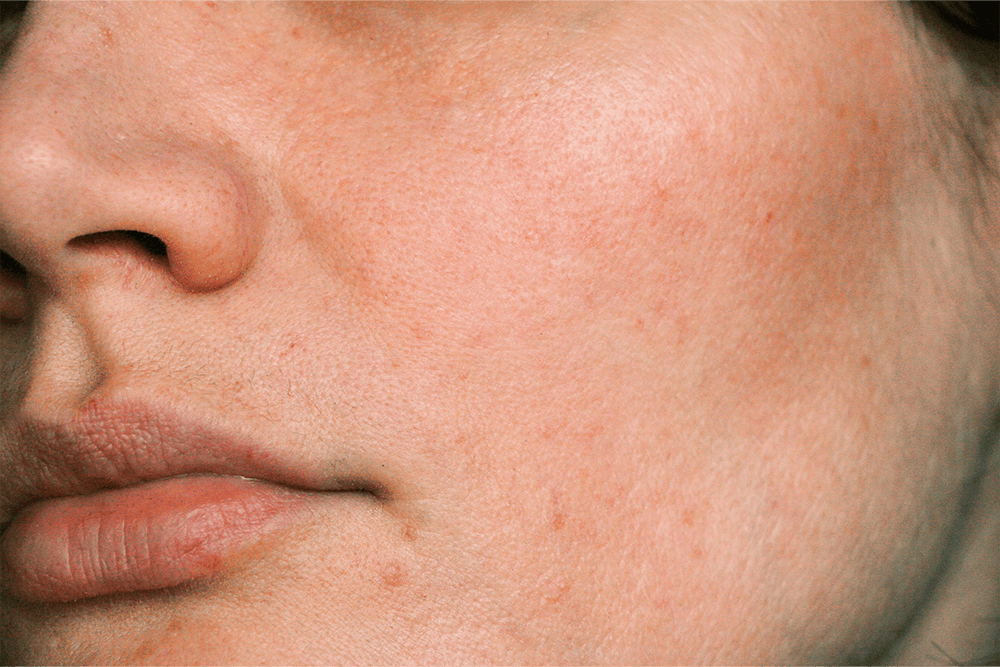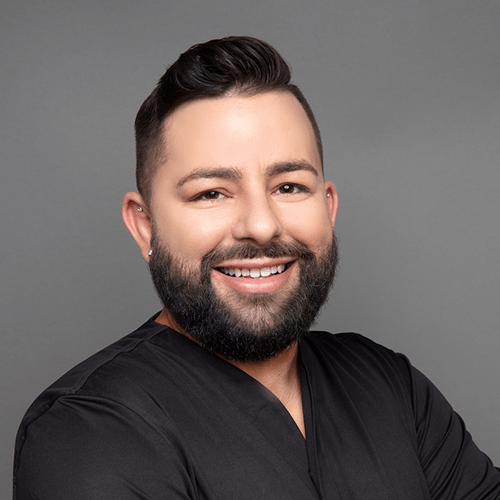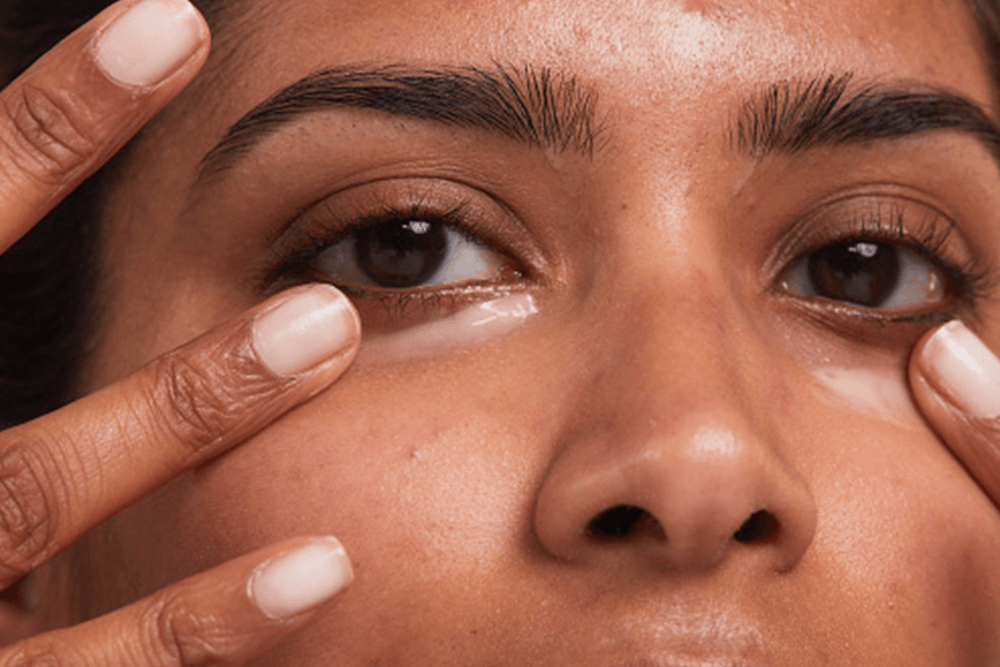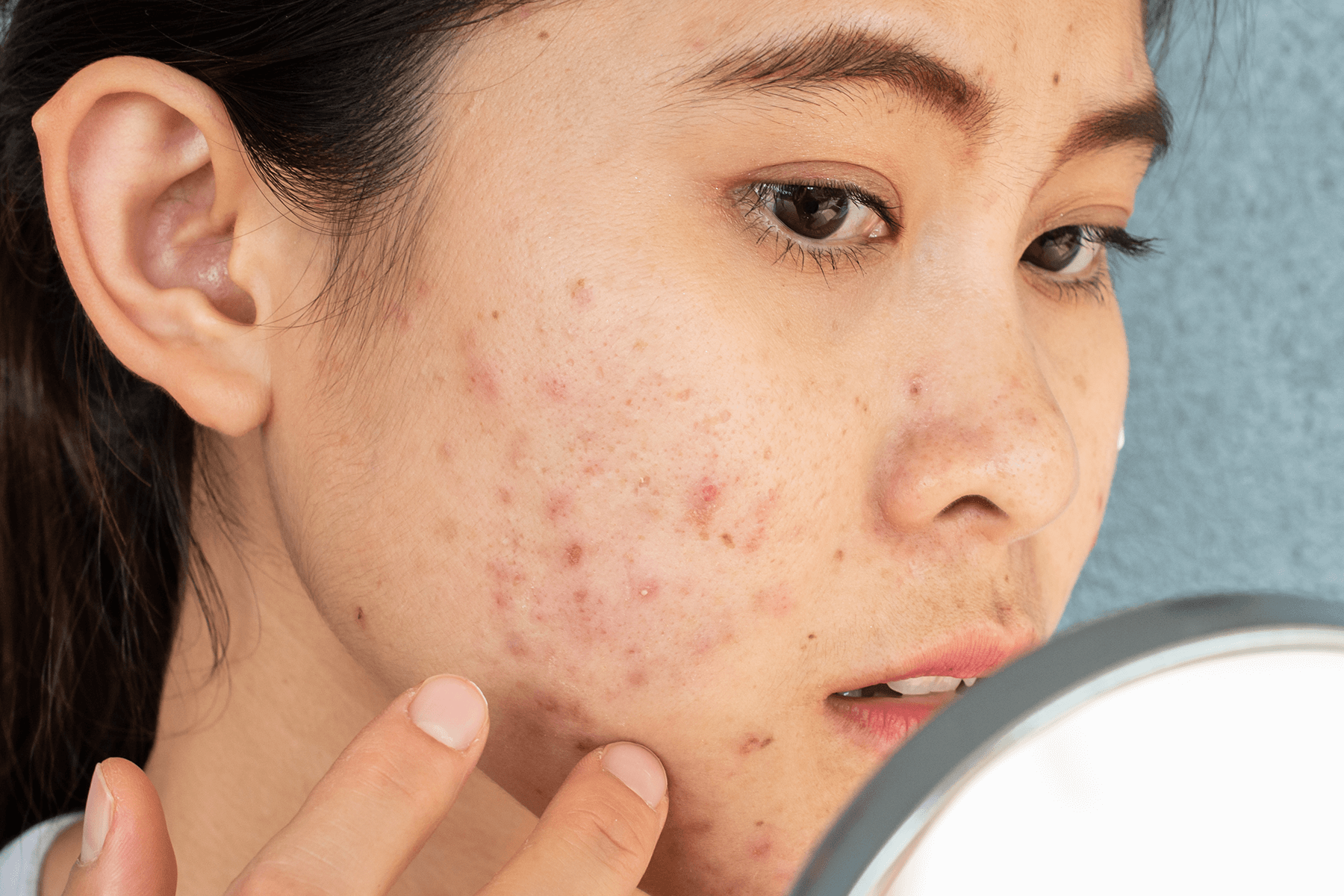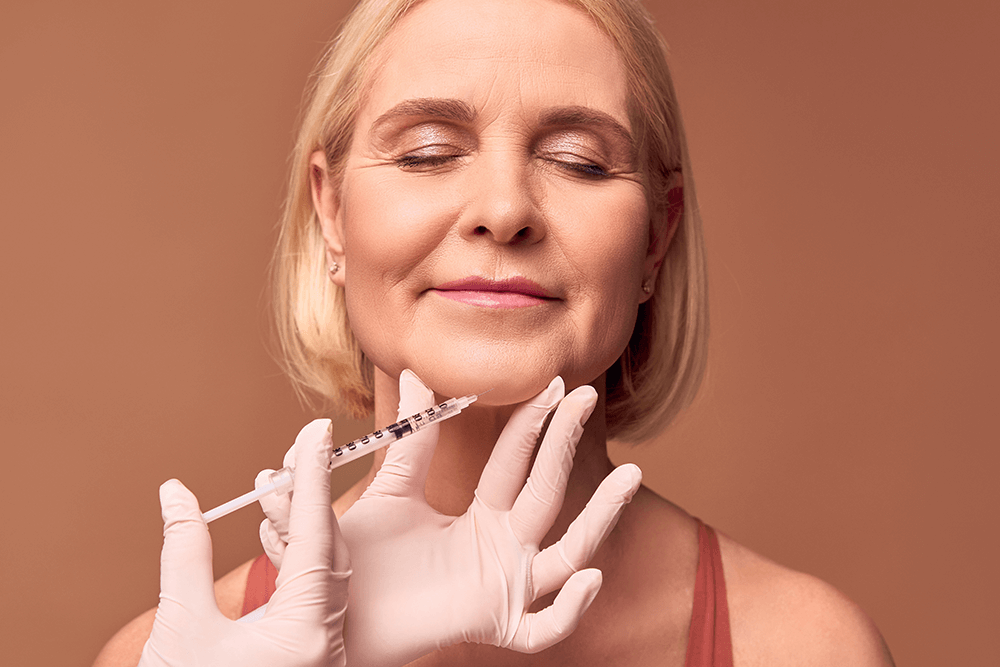The+Source
If this is the first you’re hearing of ectoin, the antioxidant ingredient currently on every beauty insider’s lips, you’re not alone. Even though it was discovered in the ’80s, ectoin has been under the radar – at least until now. And it is making up for lost time. New skincare formulations are enthusiastically incorporating the ingredient known as a moisturizing miracle worker. To get yourself up to speed on ectoin (and decide whether it needs a place in your personal routine), keep reading.
What is ectoin?
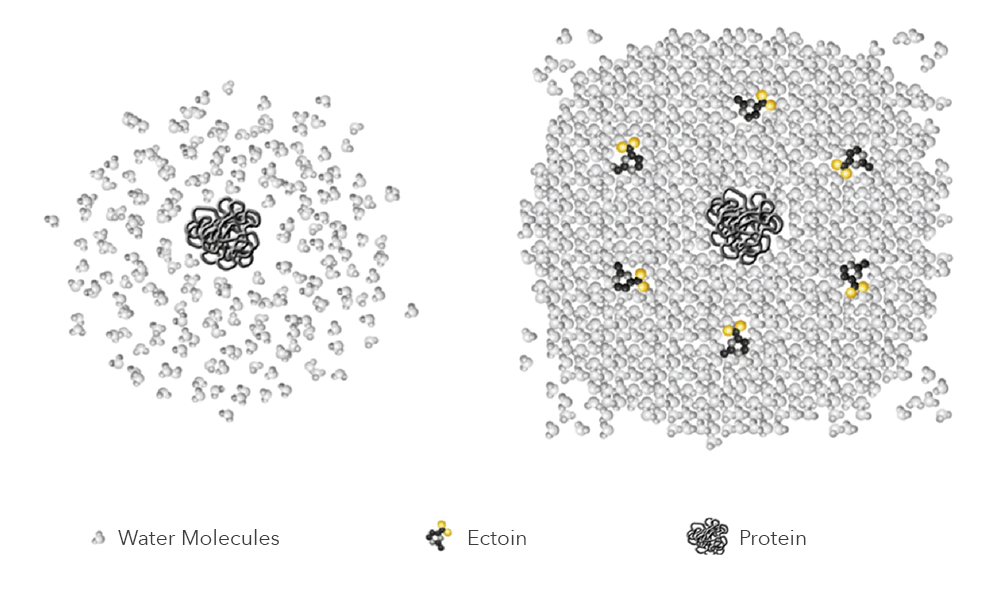
Ectoin is a small, amino acid-derived molecule known as an extremolyte. Extremolytes are famous in nature for their stress-protection abilities. They’re usually found in microorganisms that live in extreme, harsh environments. Little surprise, then, that ectoin was discovered in a salt lake in Egypt’s Wadi El Naturn desert. There, these self-defense molecules help guard microorganisms against salt-induced dehydration.
It wasn’t a huge leap to surmise that ectoin might be able to do for skin what it was doing for those microorganisms in the desert. Scientists began to investigate and discovered that, lo and behold, when added to topical skincare, ectoin could help reinforce skin’s armor (aka the moisture barrier) and serve as a protective agent.
What are the benefits of ectoin?
Ectoin is your moisture barrier’s BFF. It helps maintain skin’s hydration equilibrium by correcting the water balance in cells. A stable level of moisture keeps the skin barrier intact and strong. As a result, irritants stay out, moisture is locked in, and you’re less likely to experience inflammation and redness.
This barrier-building quality also makes ectoin an excellent salve for skin that’s been compromised (either through stress, damage, or just plain getting older) as it both calms and soothes while reducing transepidermal water loss (TEWL). But even if your skin isn’t irritated and inflamed, adding ectoin to your regimen will help keep your complexion smooth and soft over the long term, just by virtue of supporting your moisture barrier so it can function at its optimal level.
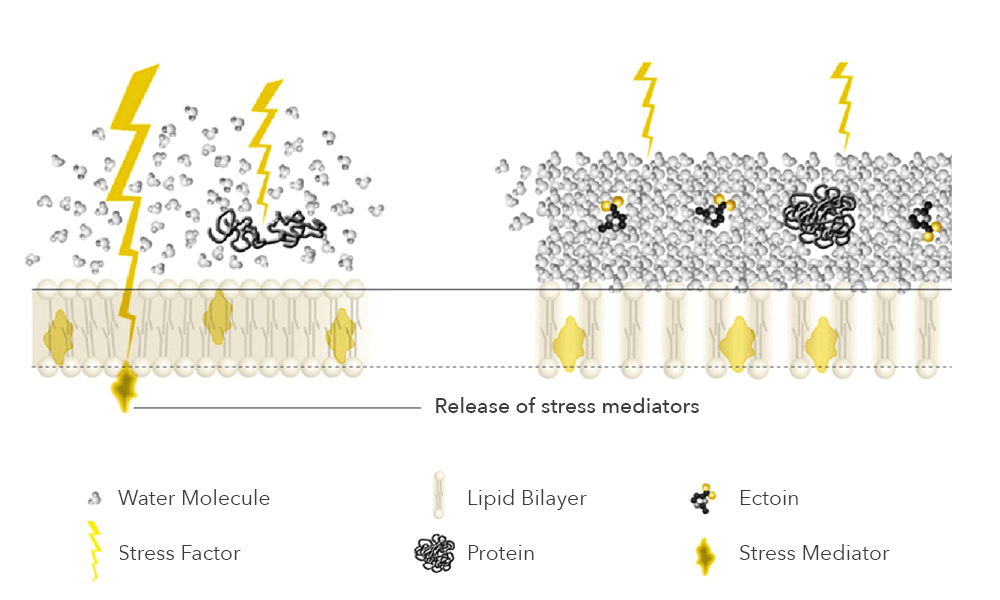
But ectoin is more than just an extremely effective hydration agent. Research has also shown that ectoin has antioxidant properties. That’s right — the same attributes that make ectoin such a benefit to your moisture barrier also appear to help ectoin ward off environmental stressors coming from pollution and UV light. (Important note: This does not mean ectoin takes the place of SPF. You still need to wear sunscreen every single day.)
The fewer free radicals that penetrate your skin, the less damage is done to your collagen and elastin fibers (the ones responsible for keeping your face firm and plump). Not only will this help forestall the formation of fine lines and wrinkles, but it also helps minimize the look of any currently making an appearance.
Who should use ectoin?
Ectoin is an equal-opportunity ingredient, meaning it works for everyone and all skin types. Due to its soothing, barrier-reinforcing properties, ectoin is beloved by those with dry or sensitive complexions. But since ectoin regulates water levels, those with oily — or even balanced — skin types can also benefit from the ingredient, which can be applied daily without risk of triggering irritation. And as we’ve said before, there’s no one, single antioxidant that can neutralize 100 percent of the free radicals we’re exposed to on an everyday basis. The best topical defense is a wide mix of antioxidants, of which ectoin is one. Incorporating it into your daily skincare routine will broaden your antioxidant blend, offering that much more welcome reinforcement.
Discover Dr. Dennis Gross Skincare for All Your Skincare Needs
For more skincare tips from the experts at Dr. Dennis Gross, check out our blog’s newest content today. Shop the collection of Dr. Dennis Gross bestselling skincare by dermatologists.
